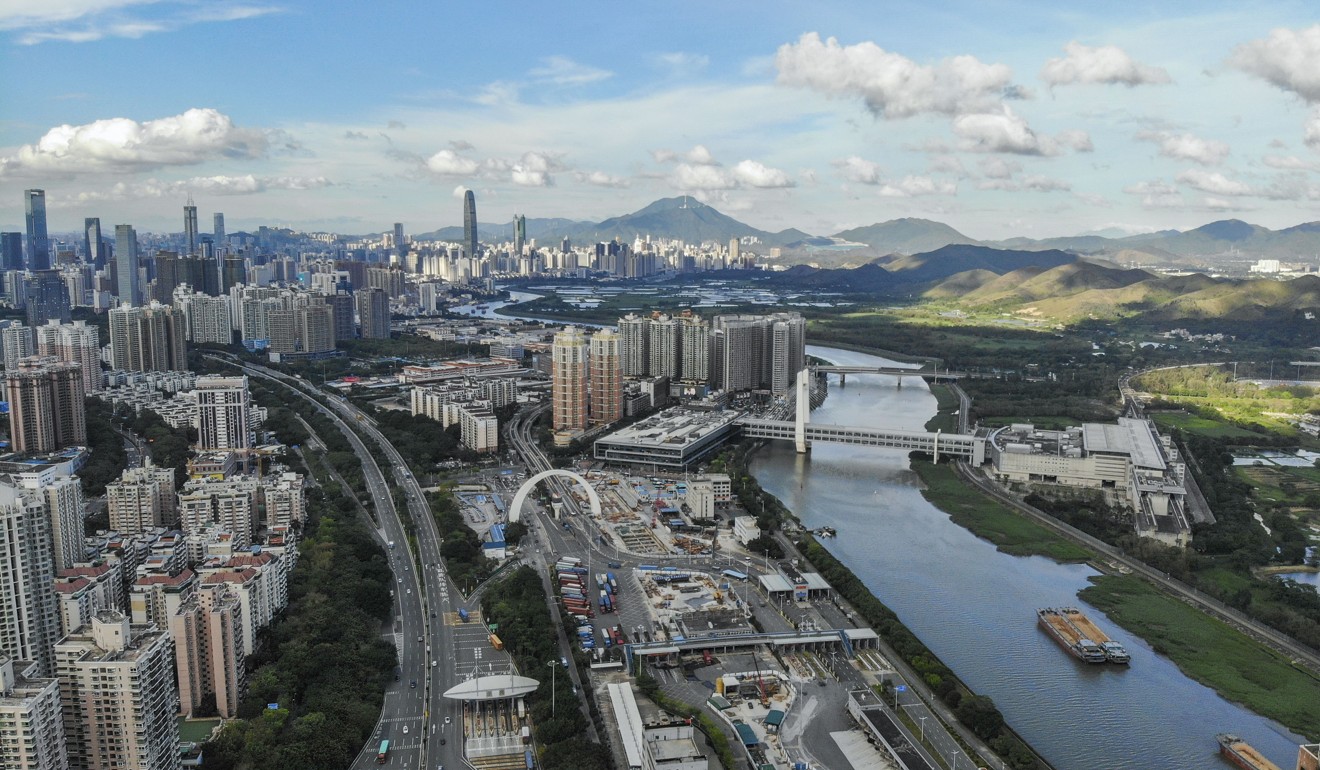China’s latest open-door policy: give us your sick, your Hong Kong lawyers, and your yachting holidaymakers
Beijing is launching service sector reforms in more than a dozen pilot cities as it comes under pressure from Washington

Foreigners seeking medical treatment, lawyers from Hong Kong and Macau and holidaymakers cruising on their own yachts will have easier entry to China under Beijing’s plan to open up its “service trade”, as the country comes under pressure to open up its economy.
As part of a two-year “pilot plan” from July 1, the central government is allowing 16 Chinese cities from Beijing to Shenzhen, and the tropical island province of Hainan to come up with their own ways to attract foreign business in fields from banking to tourism.
Beijing traditionally tests reforms in selected areas before rolling them out nationwide.
Beijing’s decision to allow the pilot programmes comes as the country’s international balance of payments worsens and is only likely to continue doing so as the US pressures China to narrow the bilateral trade gap.
In a statement on Friday, the State Council, China’s cabinet, said the aim of the changes – including 144-hour transit visas at all Guangdong ports and a new type of medical treatment visa – was to increase service exports.
The statement said the selected cities would lead “innovative development” of the service trade in China and to address “the issue of the large deficit in the service trade with a focus on boosting exports of services”.
China has massive manufacturing trade surpluses but has racked up deficits in services as more Chinese people travel, study and seek medical care abroad. The country’s overall service trade deficit was US$24.1 billion in April, according to the State Administration of Foreign Exchange.
Better offerings in China could not only bring in foreign revenue but also encourage more domestic spending.
Analysts said the pilot plans were just for show, with Beijing continuing to keep foreign players out of key service markets despite complaints from Washington to Brussels.

Larry Hu, chief China economist at Macquarie Capital in Hong Kong, said the Chinese government “certainly faces external pressure” to do more in terms of being fair to foreign businesses.
“Foreign-funded firms have fewer advantages in China and there is also an issue of the business environment,” Hu said, adding that China needs to open up education, finance and health care to the wider world.
The State Council also announced that foreign banks would be able to do yuan business from the start of their operations in China, eliminating the minimum year-long wait under existing rules. In addition, foreign businesses will be able to operate wholly-owned call centres as opposed to the 49 per cent cap on ownership now; and mainland Chinese law firms will be able to form partnerships with their counterparts in Hong Kong and Macau, breaking the ban on any “foreign” money in the area.
The commitments follow promises from Beijing to open up the domestic banking, insurance, brokerage and car markets.

China’s Ministry of Commerce said last week the country planned to release a nationwide “negative list” for foreign businesses by the end of June, a move that would allow foreign investors to do any kind of business in China as long as the activity was not on the list.
It would also cut red tape by, for example, waiving central government approval for all investments under US$1 billion.
In particular, the ministry promised to improve protection of the intellectual property rights and trademarks of foreign businesses in China, a big source of complaints from foreign business.
But the jury is still out on whether it is enough to win over investors.
Releasing its annual business climate survey in January, the American Chamber of Commerce in China said 75 per cent of companies surveyed said they felt less welcome, with technology firms in particular complaining about unfair treatment.
China’s foreign direct investment inflows rose 8 per cent yearly to a record high of US$135 billion in 2017, making it the world’s second-biggest recipient of foreign direct investment. FDI inflows in the first four months rose 2 per cent year on year to US$43.6 billion, according to the commerce ministry.
Bank of Communications senior researcher Liu Xuezhi said the government wanted foreign investment in high technology, finance and other modern services, but not all government policies could have immediate results.
Liu said the latest efforts to open up service trade “will help ease certain pressure [from the US] … but they can’t do everything at once”.